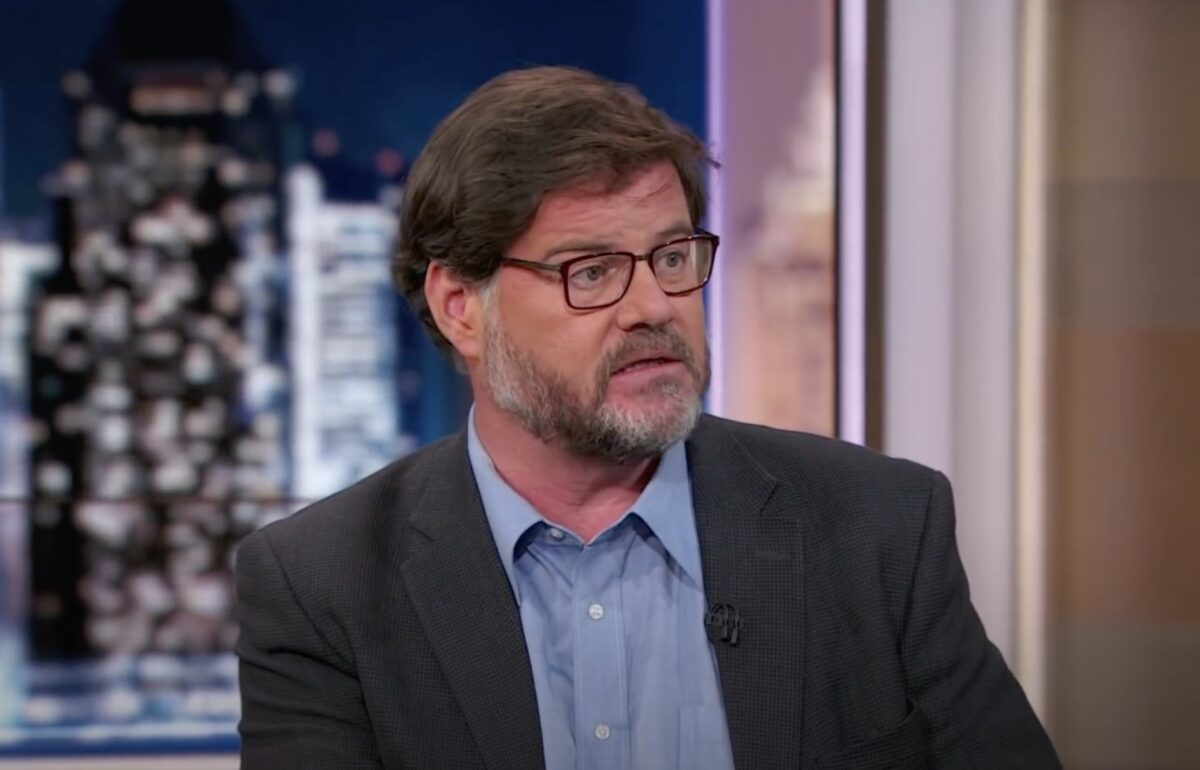Much of American ‘conservatism’ today doesn’t deserve the label.
 |
| Jonah Goldberg |
If you spend any time following the most vocal defenders of Donald Trump or various populist causes generally, some version of this question may have occurred to you. If you find yourself listening to defenders of a supposedly extreme right-wing Republican president’s signature policies, and then wondering aloud, “Wait, I thought conservatives were in favor of free markets?” you have an idea of what I am getting at. If you’re perplexed by the way many on the right celebrate and lionize a rogue’s gallery of libertines, scapegraces, sybarites, caitiffs, roues, abusers, and cads, you might wonder why you didn’t get the memo explaining that the right no longer cares about “moral rearmament,” or “family values.”
In short, if you’re a lifelong conservative, you might be struggling with the question of whether “the right” is where you belong. If being a principled defender of the constitutional order, limited government, free markets, traditional values, and an America-led world still makes you a conservative, are you still on “the right” when the loudest voices on the right reject most or all of those positions?
... what I broadly mean by right-wing is a bundle of different ideologies and attitudes that see themselves in opposition to the left. I would go a step further and argue that the more radical segments of the right are more like mirror images of the radical left. Just as identitarian, statism, illiberalism, and anti-Americanism define or describe some elements of the radical left, they also describe some factions on the radical right.
.... If you wanted to destroy traditional conservatism—either ideological fusionism or temperamental—you could not design a better instrument than Trump.
... Populist and nationalist economics have always been conducive to statism. There is nothing inconsistent between Steve Bannon’s “Leninism” and his desire for a new New Deal—the goal of American progressives since the first one. The whole point of populism is special pleading for a special group and statist intervention on their behalf. Trump has turned the GOP into a statist party, committed to industrial policy and protectionism. Nationalism invariably puts the state at the center of all political enterprises because the state is the instrument of national will. Moreover, nationalism is bound up in the romantic notion of a Leader who is the arbiter of that national will. On trade alone, in just a few years, Trump has moved the party closer to Dick Gephardt, Bernie Sanders, and William Jennings Bryan (though in fairness to the Great Commoner, Bryan was far more of a coherent free trader than Trump), than Ronald Reagan and Margaret Thatcher.
.... If there is any idea more central to American conservatism than adherence to the rule of law and fidelity to the Constitution, I struggle to think of what it might be. And the Trump administration, on a near-daily basis, signals its contempt for both. (read it all)
Rod's Comment: This is a lengthy article. For anyone interested in ideas, political philosophy, and the history of American Conservatism it is well worth reading.
Jonah Goldberg poses the question, is the “New Right” actually conservative? “If being a principled defender of the constitutional order, limited government, free markets, traditional values, and an America-led world still makes you a conservative,” Jonah asks, “are you still on ‘the right’ when the loudest voices on the right reject most or all of those positions?”
Goldberg examines the growing divide between traditional conservatism and today’s vocal right-wing populism.
This extensive analysis delves into:
- The three distinct types of conservatism and how they differ
- Why labels matter—but can also become traps
- How the “Populist Front” resembles historical popular fronts of the past
- The tension between traditional conservative values and today’s right-wing populism
- What truly separates conservatism from mere “right-wingery”
At its core, this is a deeply philosophical examination of what it means to be conservative in an age where such principles seem increasingly at odds with the loudest voices claiming to represent the right.
Top Stories




No comments:
Post a Comment